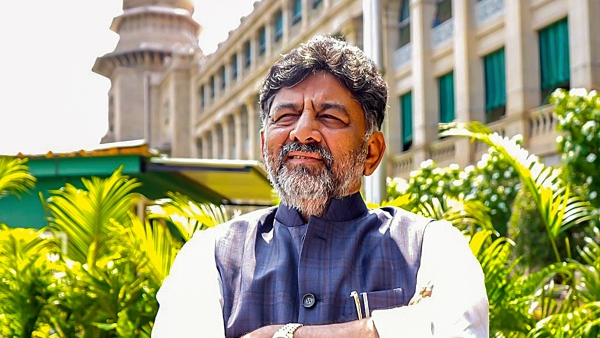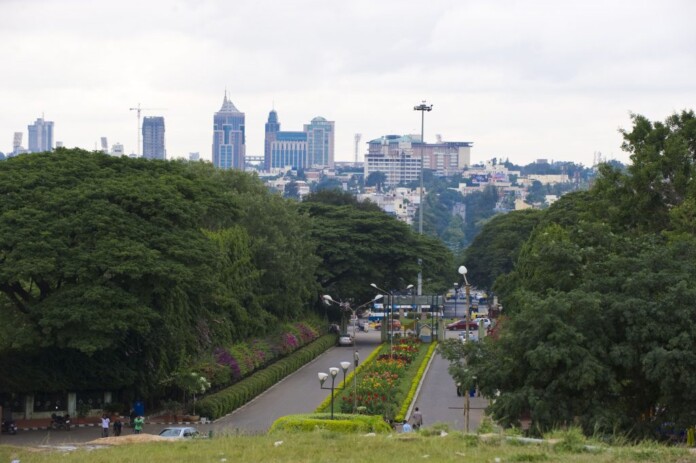Bengaluru is on an overdrive to reclaim its image as the garden city of India. Deputy Chief Minister D K Shivakumar recently announced that Bengaluru would be joining the Cities4Forests platform – a global alliance of 95 cities. Bengaluru will be the fourth Indian city to join this platform after Jaipur, Mumbai and Kochi. This membership is meant to help the city unlock the power of its nature in protecting it from extreme climatic events.
For a start, BBMP, the cities’ governing body, is initiating a series of engagements with local communities to identify potential green spaces all around the city. The Cities4Forests initiative helps cities around the world connect with and invest in inner forests such as city trees, urban parks, and nearby and faraway forests. These forests help improve the air quality and reduce the city’s temperature. It also improves biodiversity and increases the water table.
Since water access is important in creating or recreating forests, the city is mapping hundreds of open wells, which are now in poor condition. Rejuvenation of dozens of lakes and maintaining them will be key to the city’s fight against climate shocks. They are currently done in fits and starts. The ones that are rejuvenated, soon go bad because of poor upkeep.
Last November, BBMP launched Bengaluru’s first Climate Action and Resilience Plan (BCAP) – a data-driven, inclusive, and collaborative climate-action plan. The plan includes a greenhouse gas emission inventory and a climate change risk and vulnerability assessment for the city. This is being done in partnership with 25 stakeholder agencies, 266 initiatives spanning seven sectors were identified.

Mr Shivakumar also announced the introduction of the ‘Fellows of Climate Action Cell’ program. It will recruit passionate youth to implement climate action plans on the ground. The Fellows will receive a stipend. The government’s outreach includes 600 organizations that are part of the Brand Bengaluru program.
Lessons from Other Cities
Bengaluru can learn from the experience of other cities. The World Resources Institute which is spearheading the Cities4Forests initiative reported that 30 nature-based projects were implemented in Jaipur, Kochi and Mumbai in the last three years. The results are highly encouraging. For example, floods in Kochi have become manageable. WRI is documenting several stories to raise awareness and provide a roadmap for those who want to take up such projects.
The urban nature-based solutions movement is catching on. India’s first national-level forum on urban nature-based solutions has become active. It is attracting entrepreneurs, investors, research bodies, civil society organizations, technical experts and government agencies and policymakers to the forum. The larger goal is to scale nature-based solutions to all Indian cities soon.
Brand Bangalore has taken a hit in recent years and comes shamefully low in the country’s ‘Clean City’ Rankings. The city has the best research, money, and a vibrant civil society. Yet, the disconnect with the city’s governing bodies, and rampant corruption at all levels, have given the city a bad name.
Mr Shivakumar, the minister in charge of the city’s development, is an action-oriented politician. The Congress government is new and needs to prove itself. It has a handy majority. Also, the city is facing stiff competition from cities like Hyderabad, Gurugram, Pune and Chennai for attracting big investments. All this could help the minister’s vision of a ‘BluGreen Uru’ become a reality, hopefully before his next term in 2027.










